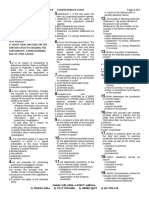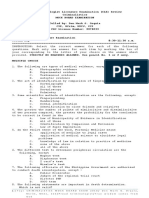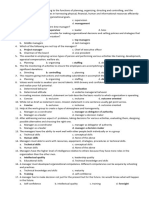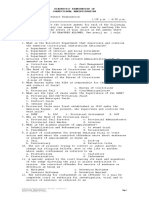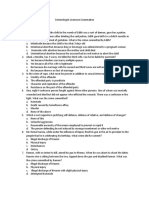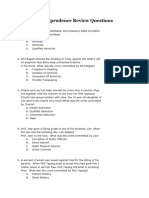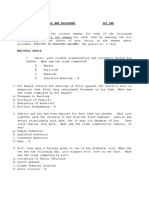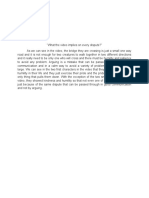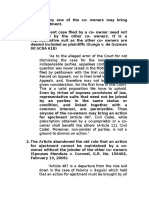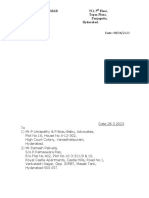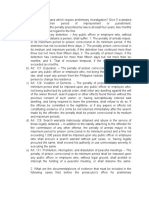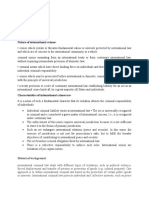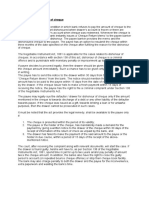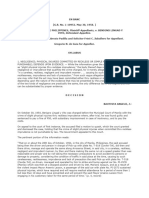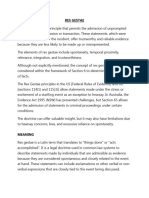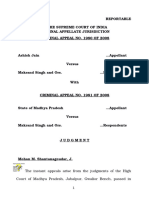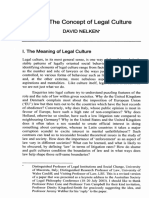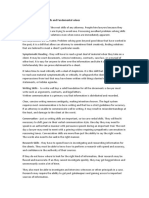0% found this document useful (0 votes)
1K views22 pagesCLJ Question and Answer
1. The document provides 30 multiple choice questions testing knowledge of criminal law concepts. The questions cover topics like types of crimes (e.g. murder, trespassing), legal principles (e.g. jurisdiction, hearsay exceptions), specific laws (e.g. anti-bouncing check law), parties to crimes (e.g. accomplices, accessories), and defenses (e.g. prescription of crime, executive clemency).
Uploaded by
Eliseo Putis, Jr.Copyright
© © All Rights Reserved
We take content rights seriously. If you suspect this is your content, claim it here.
Available Formats
Download as DOCX, PDF, TXT or read online on Scribd
0% found this document useful (0 votes)
1K views22 pagesCLJ Question and Answer
1. The document provides 30 multiple choice questions testing knowledge of criminal law concepts. The questions cover topics like types of crimes (e.g. murder, trespassing), legal principles (e.g. jurisdiction, hearsay exceptions), specific laws (e.g. anti-bouncing check law), parties to crimes (e.g. accomplices, accessories), and defenses (e.g. prescription of crime, executive clemency).
Uploaded by
Eliseo Putis, Jr.Copyright
© © All Rights Reserved
We take content rights seriously. If you suspect this is your content, claim it here.
Available Formats
Download as DOCX, PDF, TXT or read online on Scribd
/ 22


